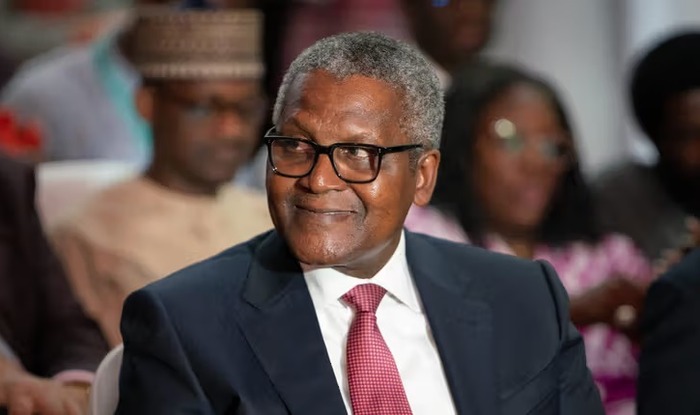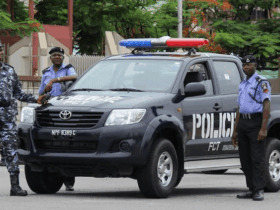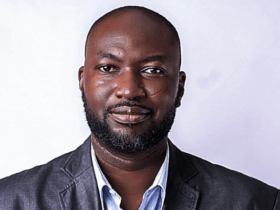Dangote: The Untold Struggles of the Village’s Sole Billionaire (Part 2)

It might seem redundant to revisit Alhaji Aliko Dangote‘s (AAD) numerous Nigeria-focused initiatives, especially since he has repeatedly articulated his vision himself. However, to avoid any accusations of unoriginality, it’s worth highlighting his key declarations. From his addresses at the Guardian’s 2015 Man of the Year award, the Nigerian Economic Summit, the Katsina Economic & Investment Summit, the Nigerian-Kenyan business forum, to the Corporate Council for Africa event, Dangote has consistently emphasized his dedication to revitalizing and diversifying Nigeria’s economy. He has spoken about constructing a refinery with a capacity surpassing all existing refineries combined, developing fertilizer production tenfold greater than current national output, generating 12,000MW of power-over three times Nigeria’s current capacity-and shifting Nigeria from a fuel importer to an exporter. Additionally, he envisions listing his refinery and related enterprises on the Nigerian Stock Exchange (NSE) to help it surpass the Johannesburg Stock Exchange, and he has expressed deep concern over youth unemployment, a sentiment rarely voiced even by the highest political offices. Dangote also confidently predicts that Nigeria, and Africa at large, will soon become the world’s agricultural powerhouse. While these statements are inspiring and heartfelt, ideally, such commitments should come from government officials like Kemi Adeosun, Godwin Emefiele, Udo Udoma, or even the president himself in a well-functioning system.
“Considering AAD’s pivotal role in Nigeria’s future, wouldn’t it be prudent for the government to secure a key-man insurance policy on him?”
Much like the sole affluent individual in a small community, AAD has assumed a disproportionate share of responsibility. Yet, this has sparked complaints from various quarters: the Ogun State governor laments the damage Dangote’s trucks inflict on roads; some Igbo communities associate his investments with traffic congestion and accidents caused by his drivers; the Federal Capital Territory rejected his Ramadan gifts in 2016; critics accuse him of monopolizing foreign exchange, benefiting from excessive tax breaks, and squeezing out competitors, citing his disputes with Otedola, Ibeto, and BUA. Fortunately, Dangote has refrained from wielding his influence overtly.
Also read: Dangote: The challenges of being the only wealthy man in a community
Had he acted like some of his drivers…
Meanwhile, the Federal Government remains largely passive, content to cheer on AAD as he shoulders these burdens, hoping he will continue to resolve Nigeria’s socio-economic challenges-a sentiment echoed by President Muhammadu Buhari on Dangote’s 60th birthday. Rather than proactively addressing the nation’s dire petroleum issues, Minister Ibe Kachikwu publicly implored Dangote to expedite his refinery’s completion, since the government’s 2019 promise to end fuel imports hinged on that project. Imagine a government making commitments to its citizens and relying on a private individual to fulfill them! Even Oxfam has recently called on Dangote and four other wealthy Nigerians to leverage their fortunes to eradicate poverty in the country.
The government, representing the collective Nigerian populace, benefits from the positive spillovers of Dangote’s ventures without adequately preparing for contingencies. What if Dangote were incapacitated or passed away unexpectedly? What if the company’s leadership changed direction or future successors lacked his vision and patriotism? Recently, Dangote shut down a $20 million tomato processing plant and a $500 million cement factory in Tanzania, which incurred $4 million monthly in power costs. The Nigerian stock market’s health is closely tied to the performance of Dangote’s shares. What measures has the government taken to cultivate other industrial giants? Where are the other influential business leaders, including those whose children enjoy privileged lifestyles abroad? Why aren’t they stepping up? What role is the Economic Management Team playing if Dangote alone is tackling unemployment, economic diversification, food security, foreign exchange conservation, power generation, and infrastructure development? Should economic governance be outsourced to him while the presidency focuses on politics and revenue distribution, making excuses for issues like the foreign herdsmen crisis? Or more constructively, should Vice President Osinbajo and the EMT take a sabbatical to learn from Dangote’s approach? Given Dangote’s critical importance to Nigeria’s destiny, it seems only logical for the government to invest in a key-man insurance policy to safeguard the nation’s interests.
On a lighter note, I find myself in urgent need of a Dangote decal for my aging vehicle. Traveling from Lagos to the eastern region has become increasingly arduous, and I’m convinced that sporting a Dangote sticker might just smooth my journey. As I wrapped up this article, I learned that a fellow townsman, Law Onyemelukwe of Lafenax Ltd, was honored as Dangote Cement‘s top customer for 2017. This connection allows me to share in the benefits of the “AAD Effect” and perhaps even breeze through checkpoints manned by police, customs, FRSC, and civil defense along the Lagos-Onitsha corridor. However, I intend to petition the Federal Character Commission to review the 2017 Dangote awards, as the names of the top recipients-Onyemelukwe, Okika, and Ezenyili-do not appear to reflect the nation’s federal character principles.
Ik Muo, PhD, Department of Business Administration, Olabisi Onabanjo University, Ago Iwoye. 08033026625.







Leave a Reply